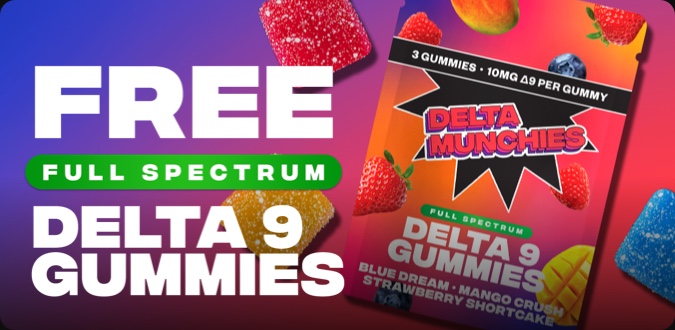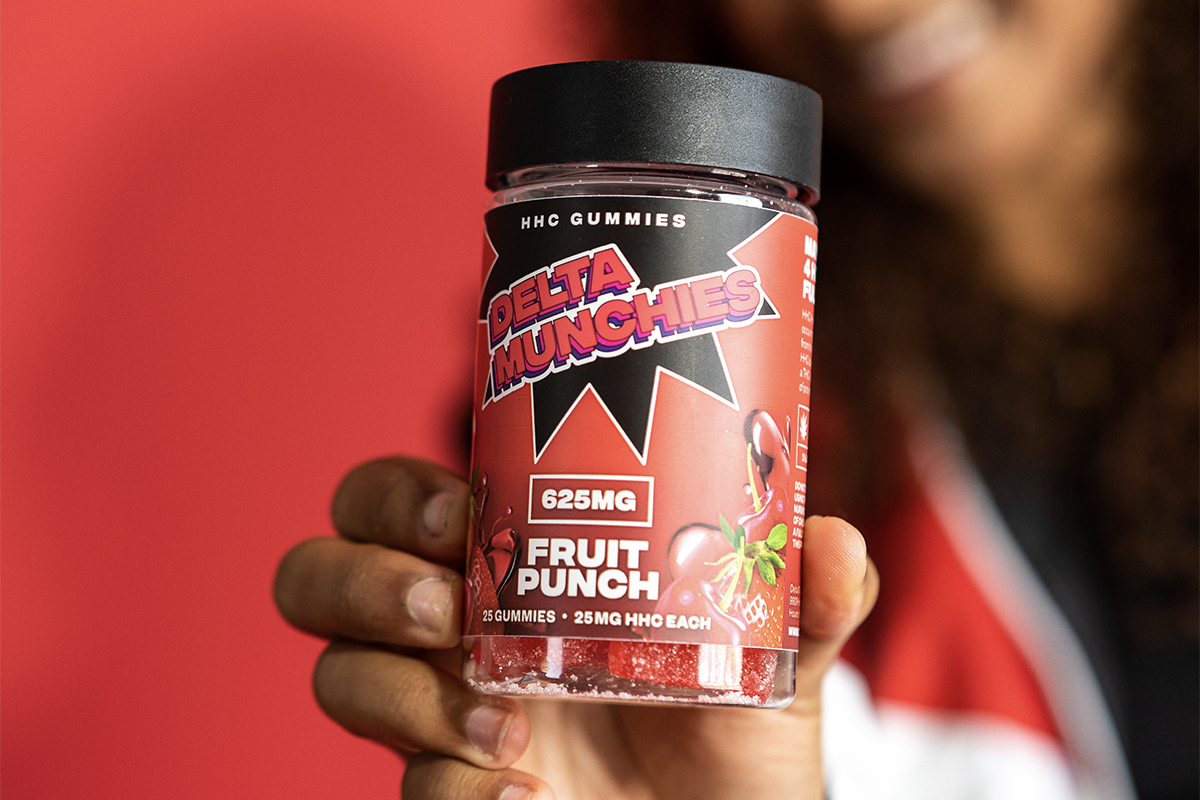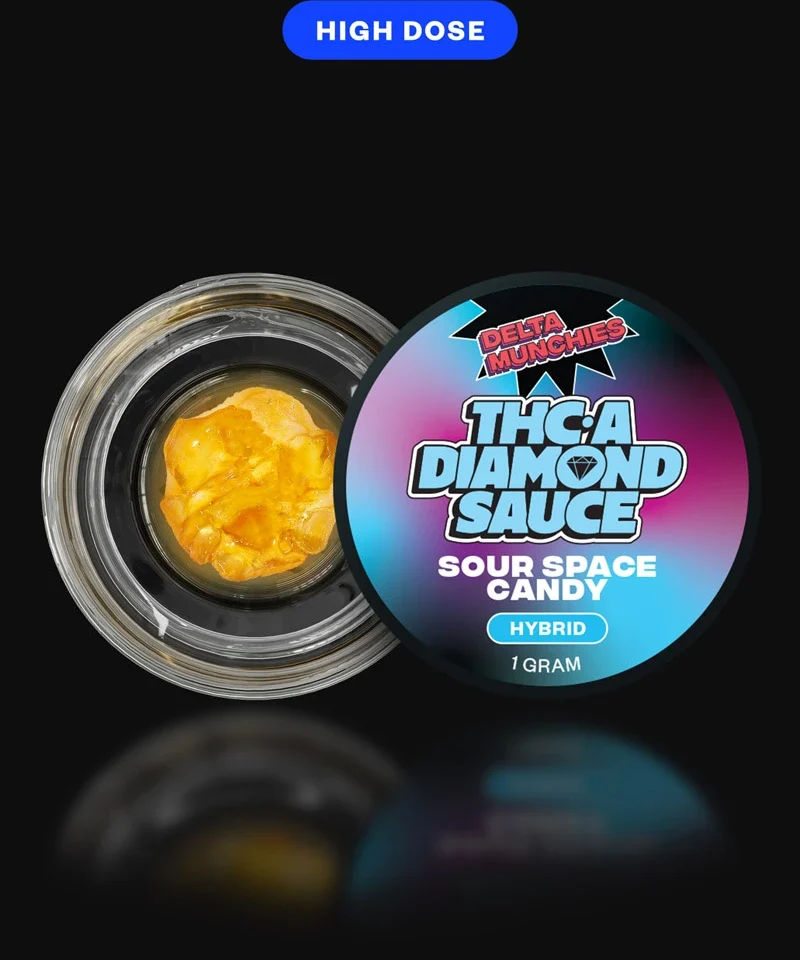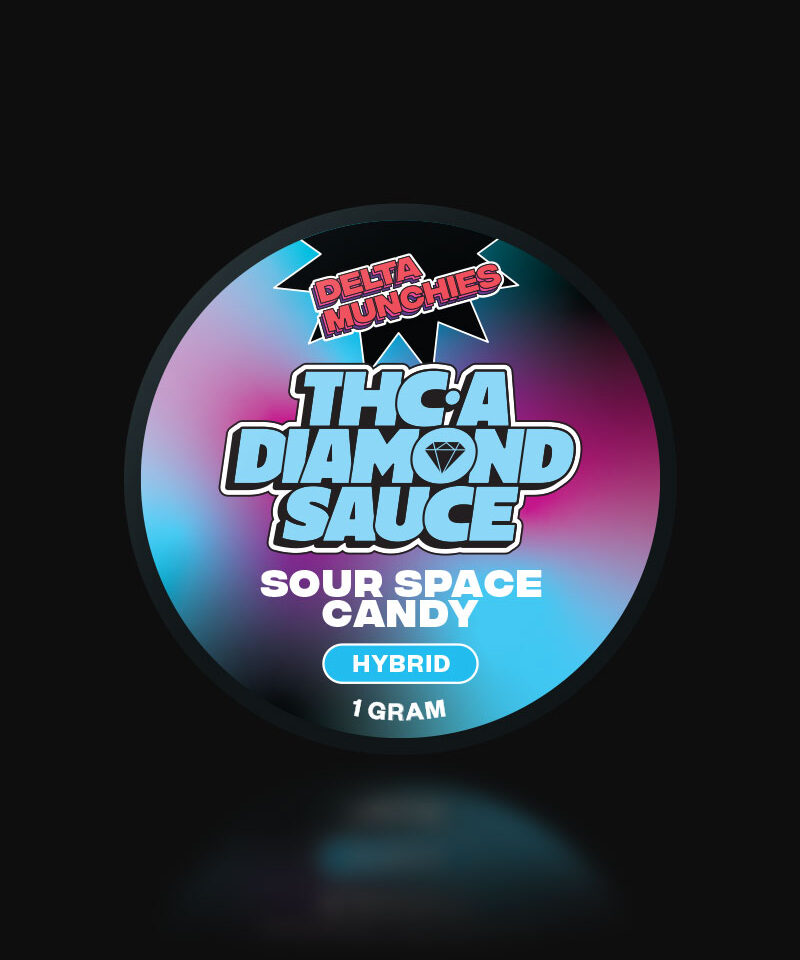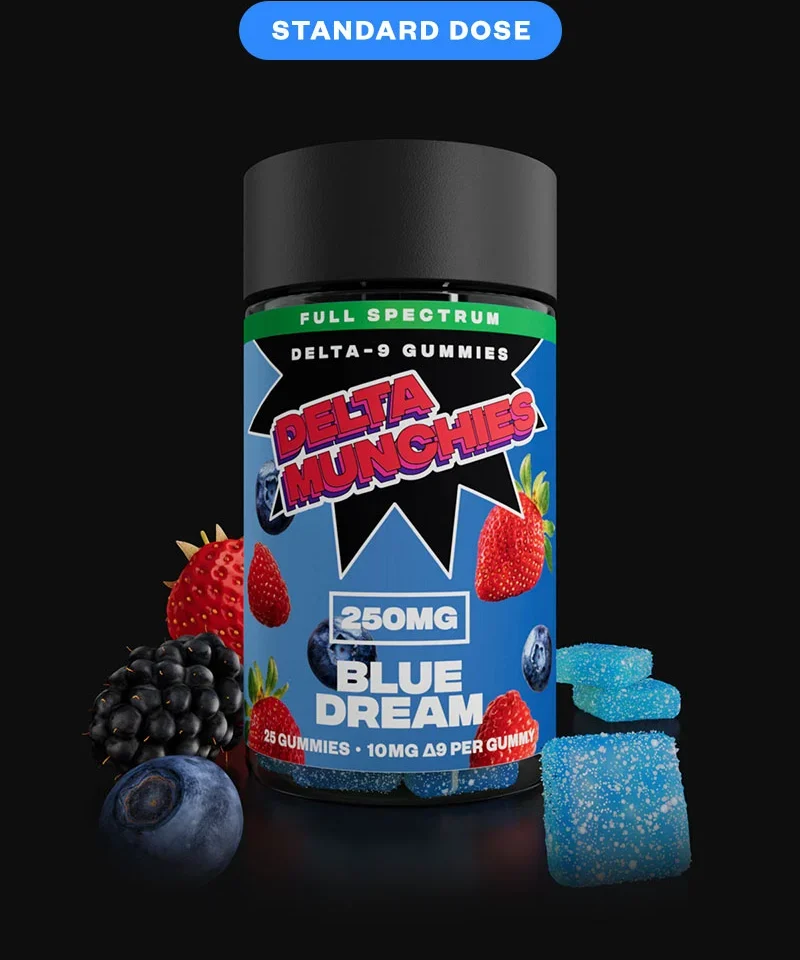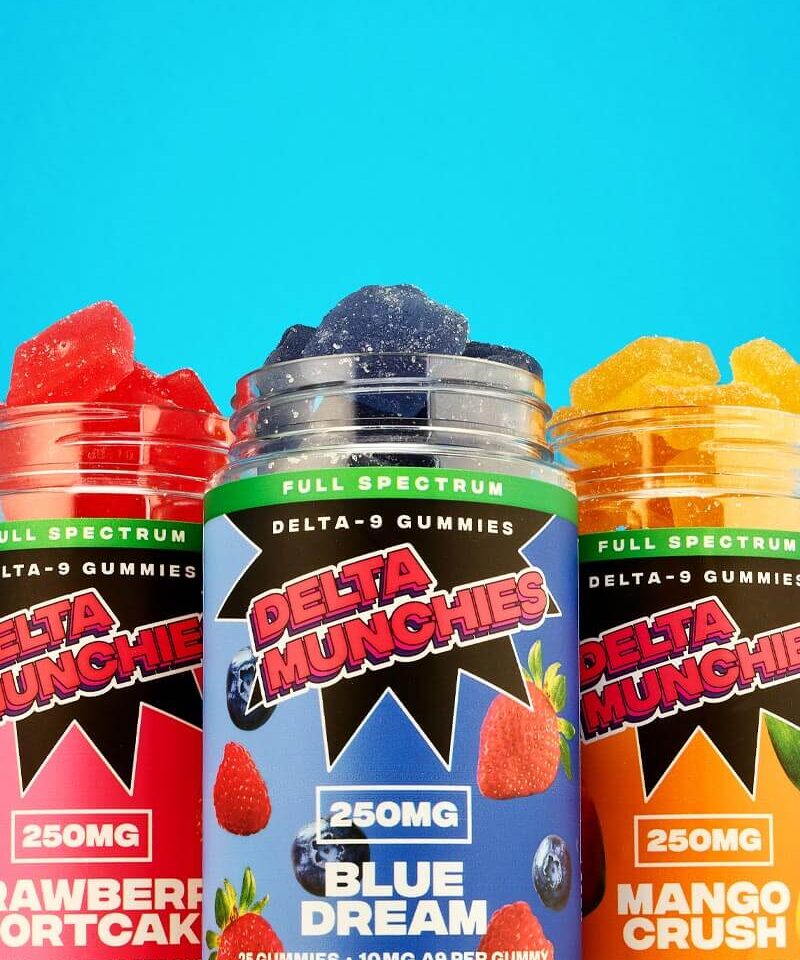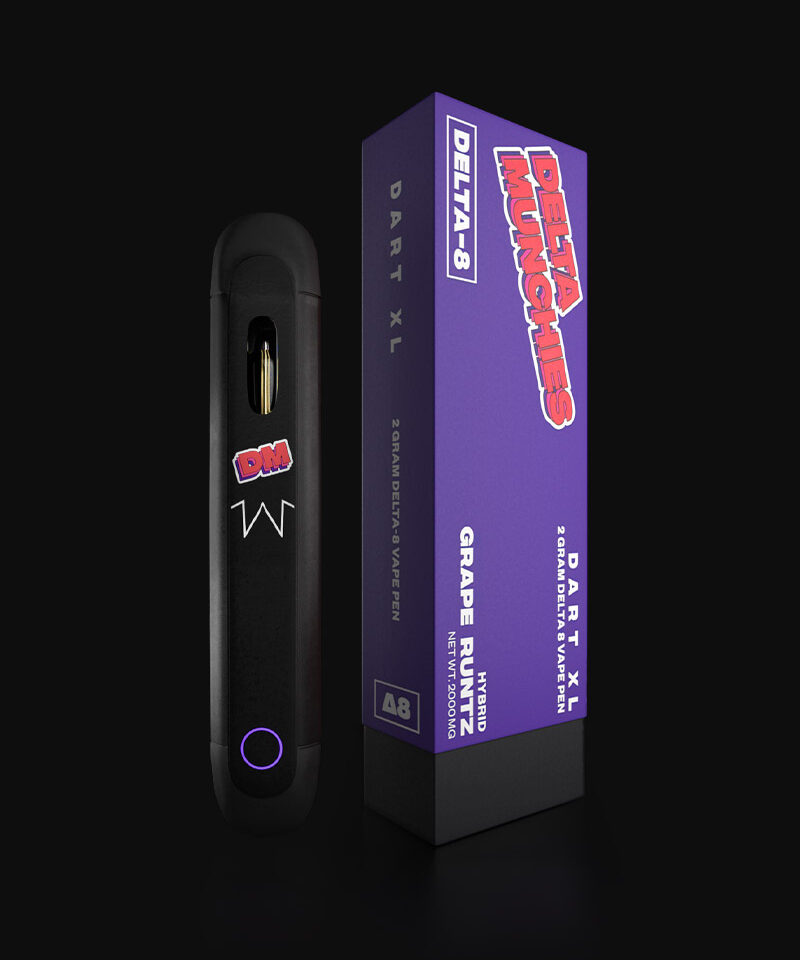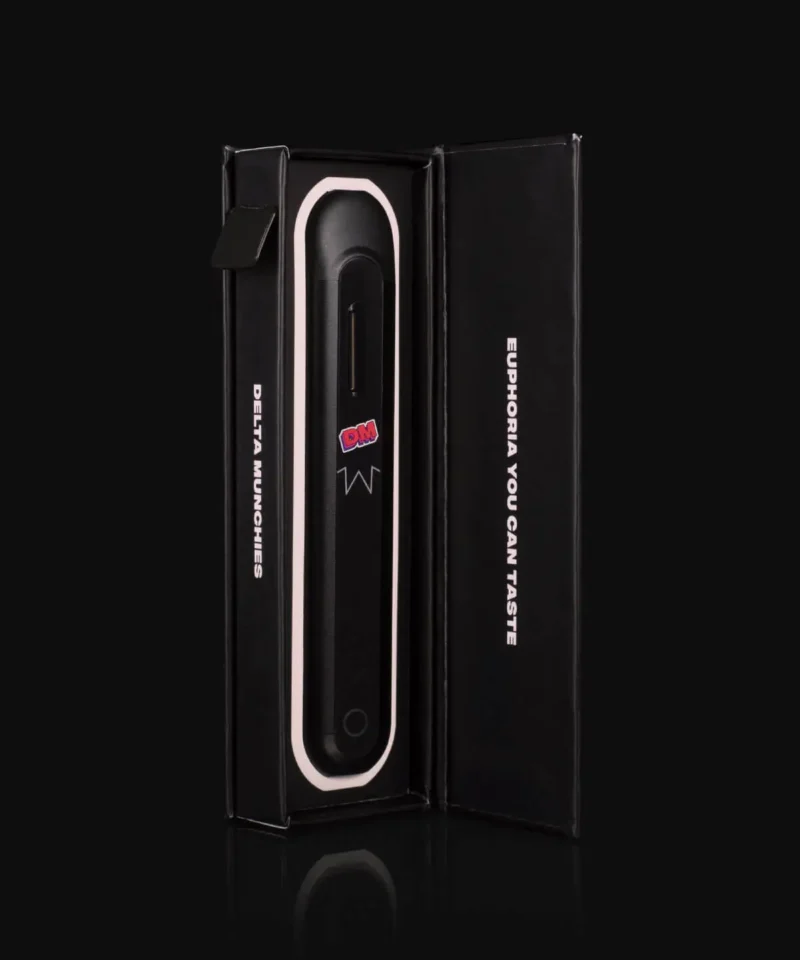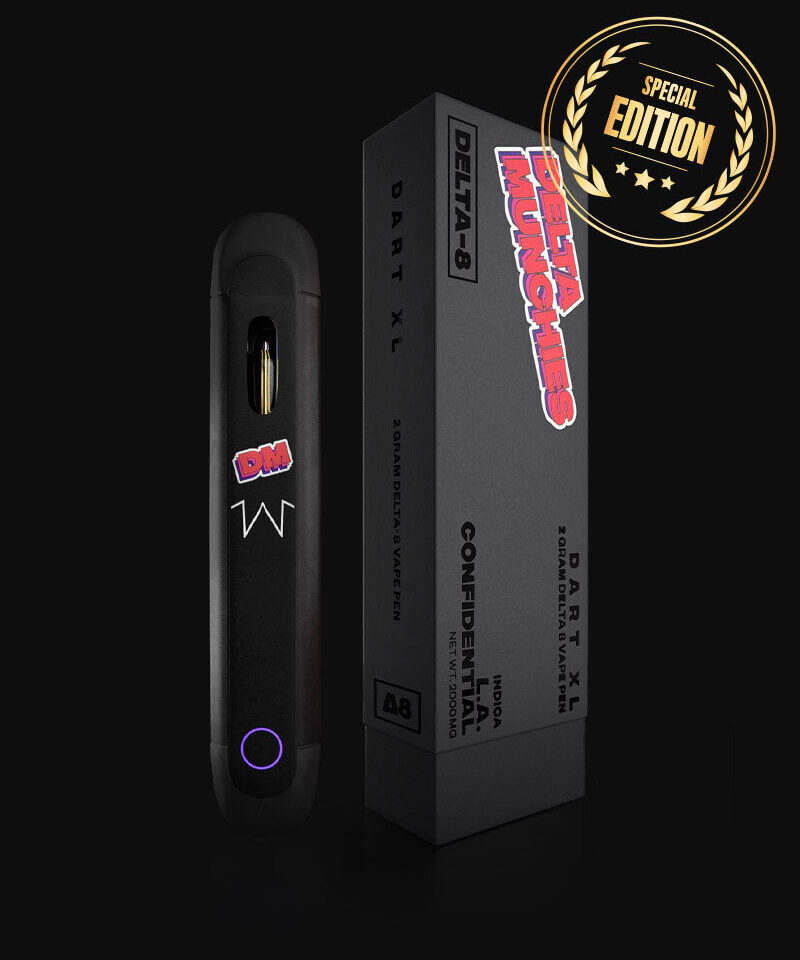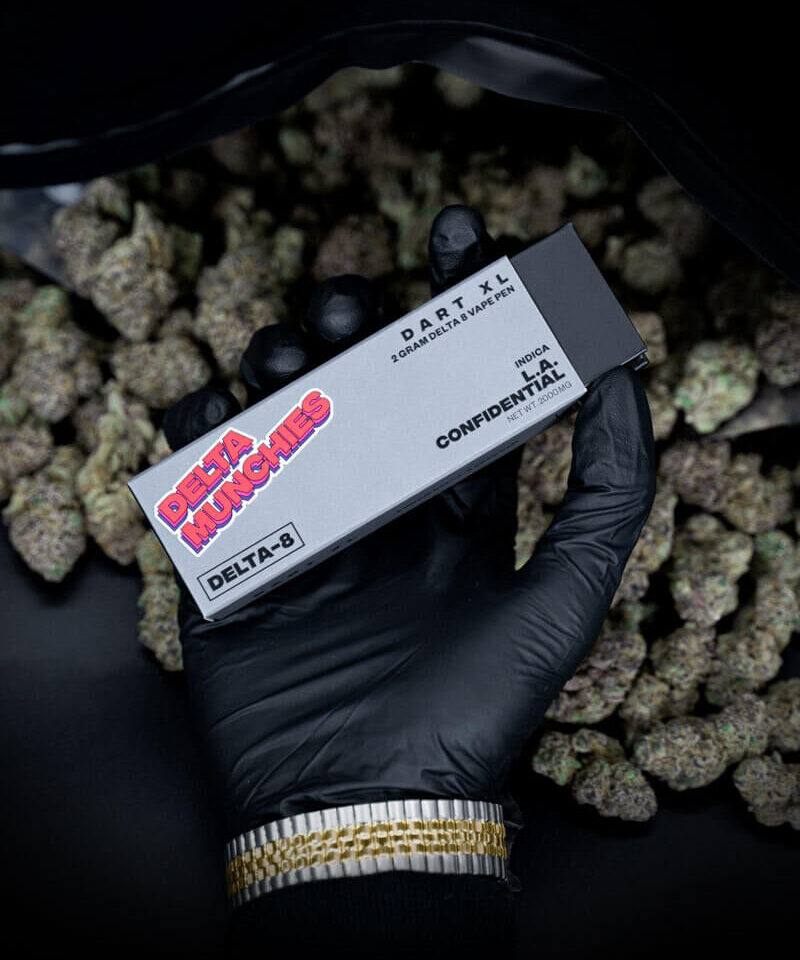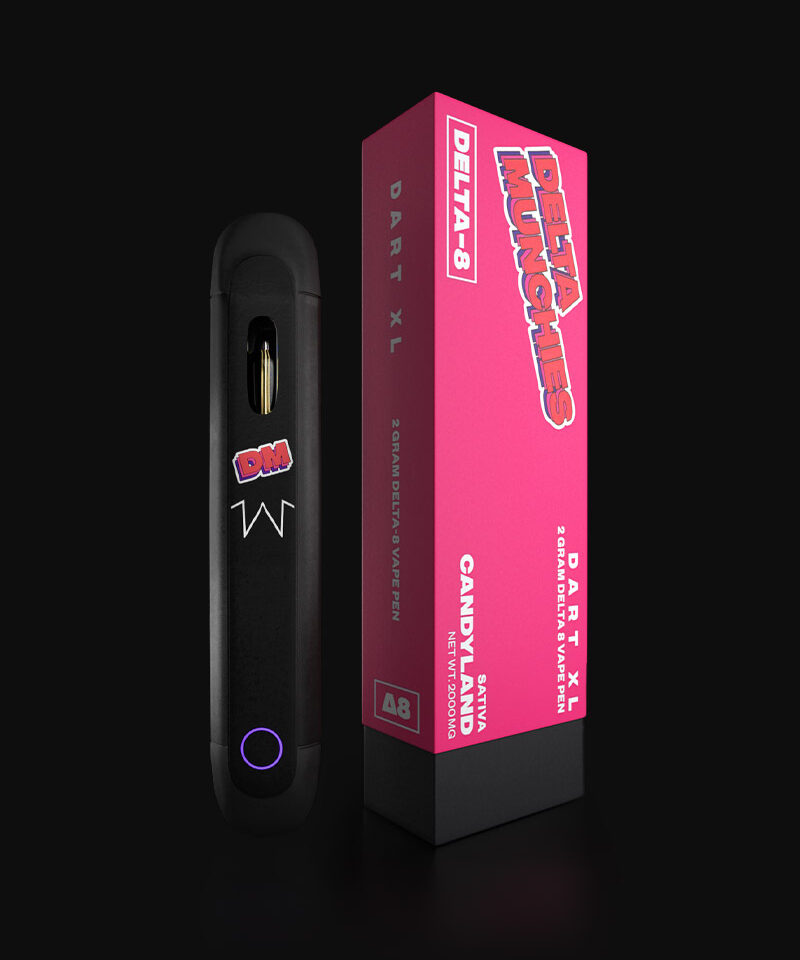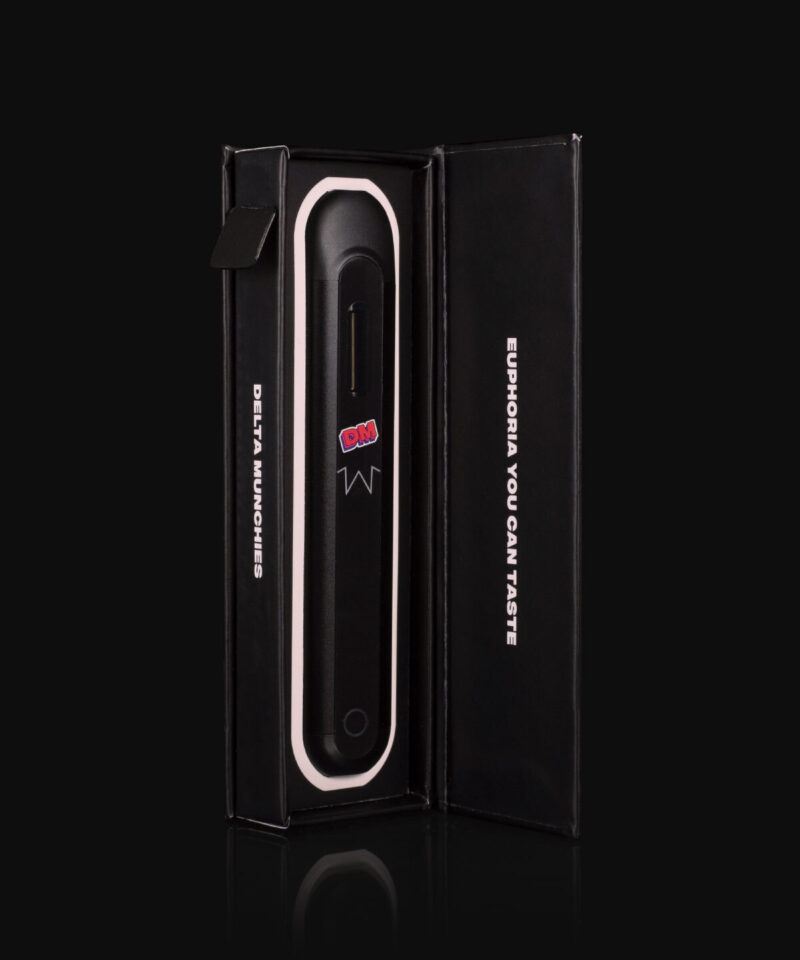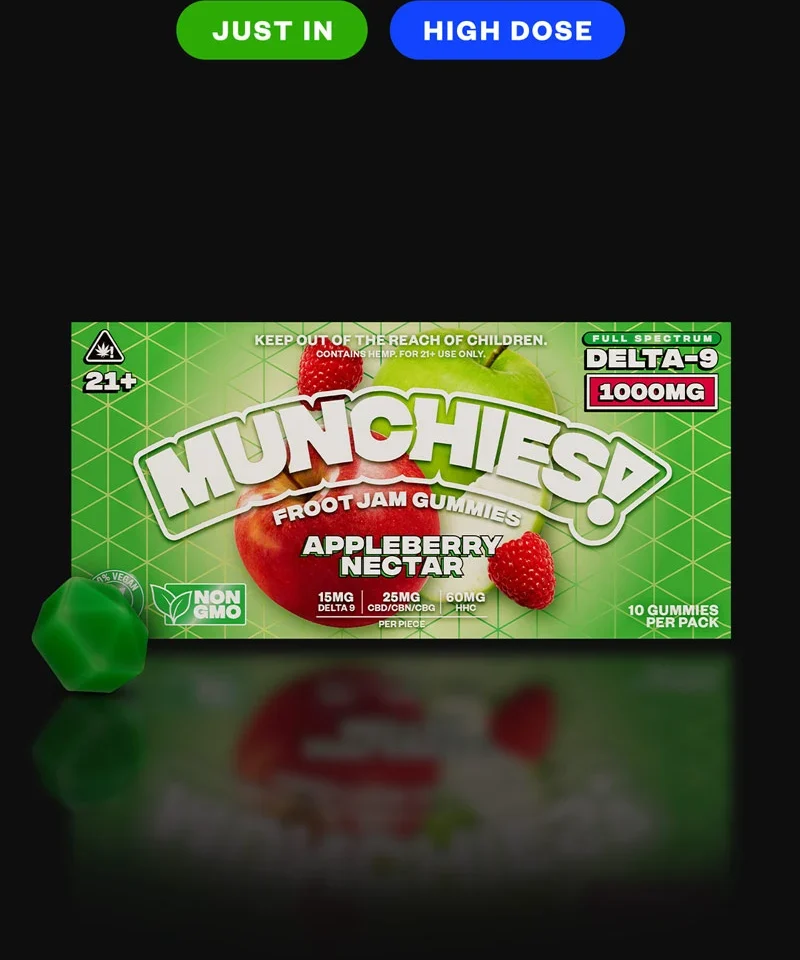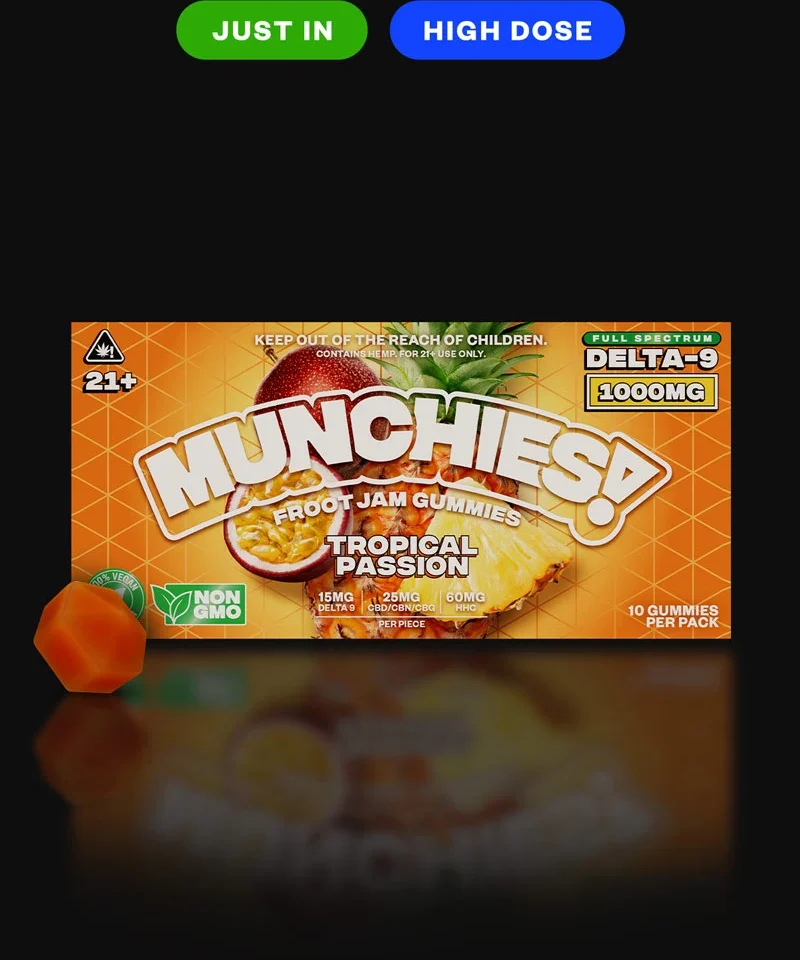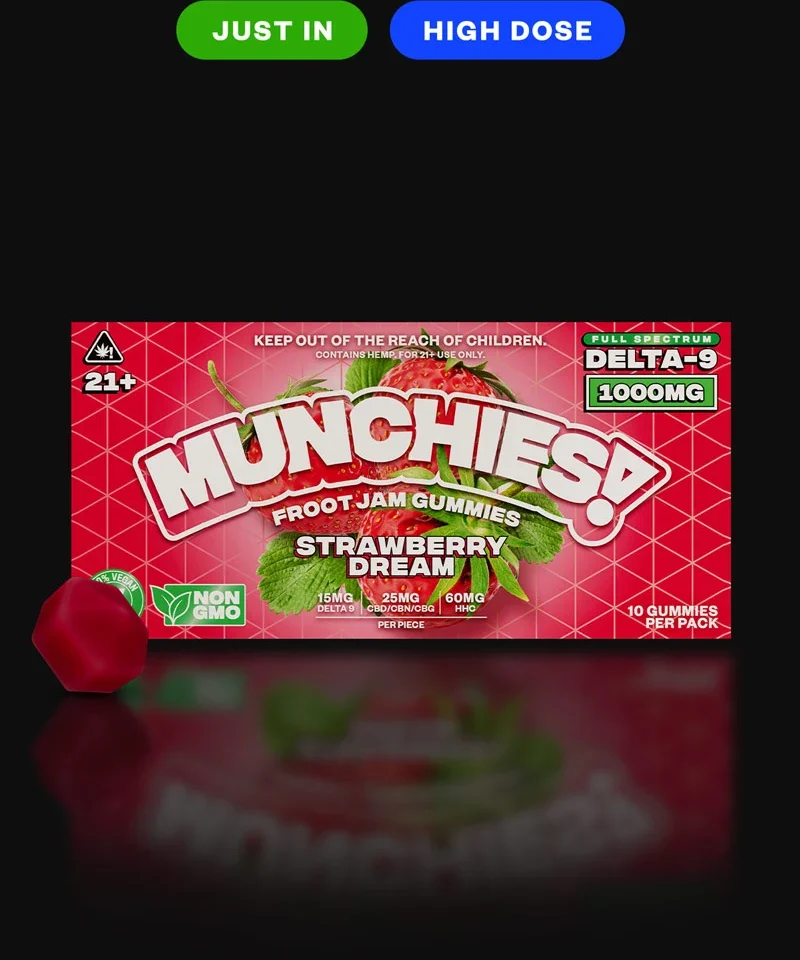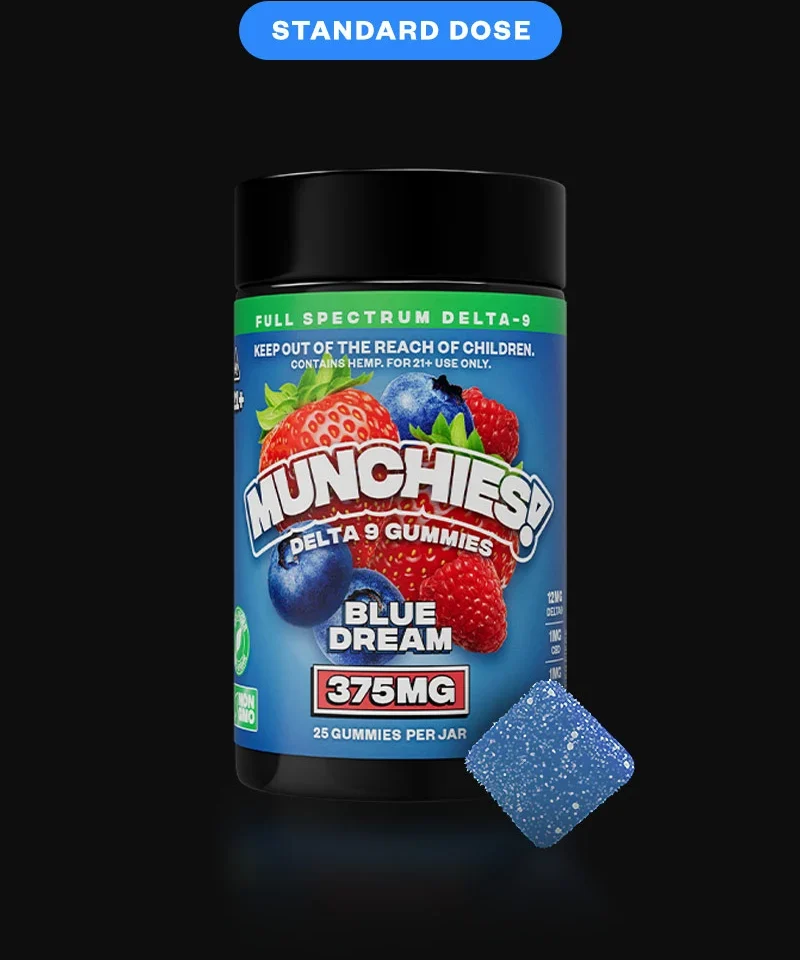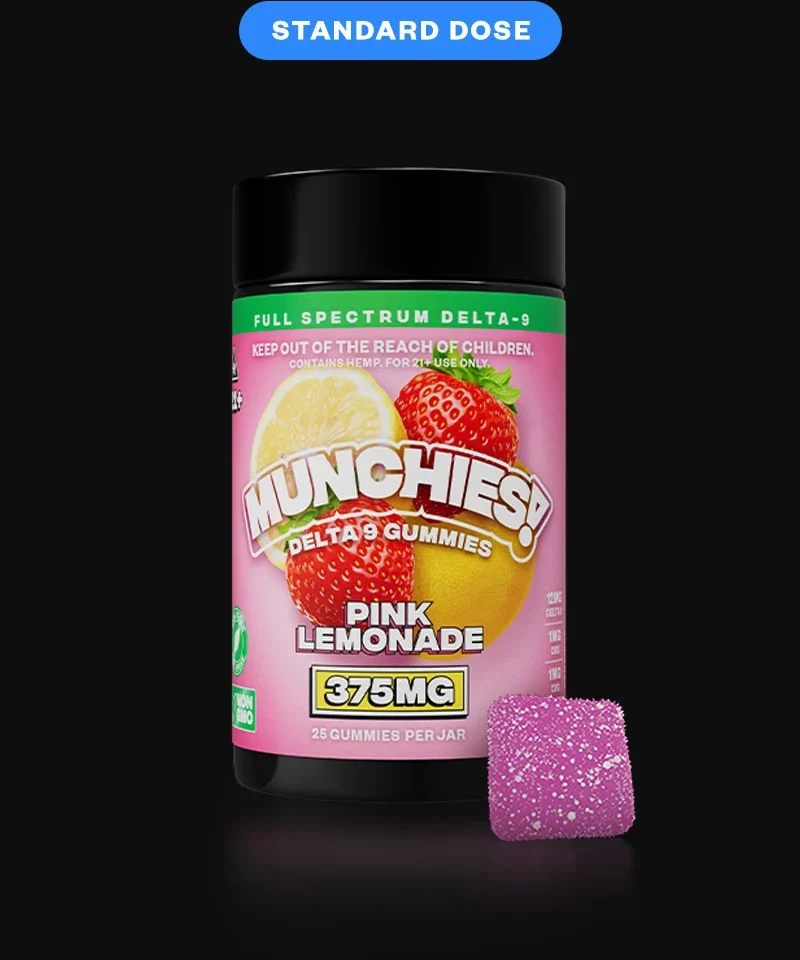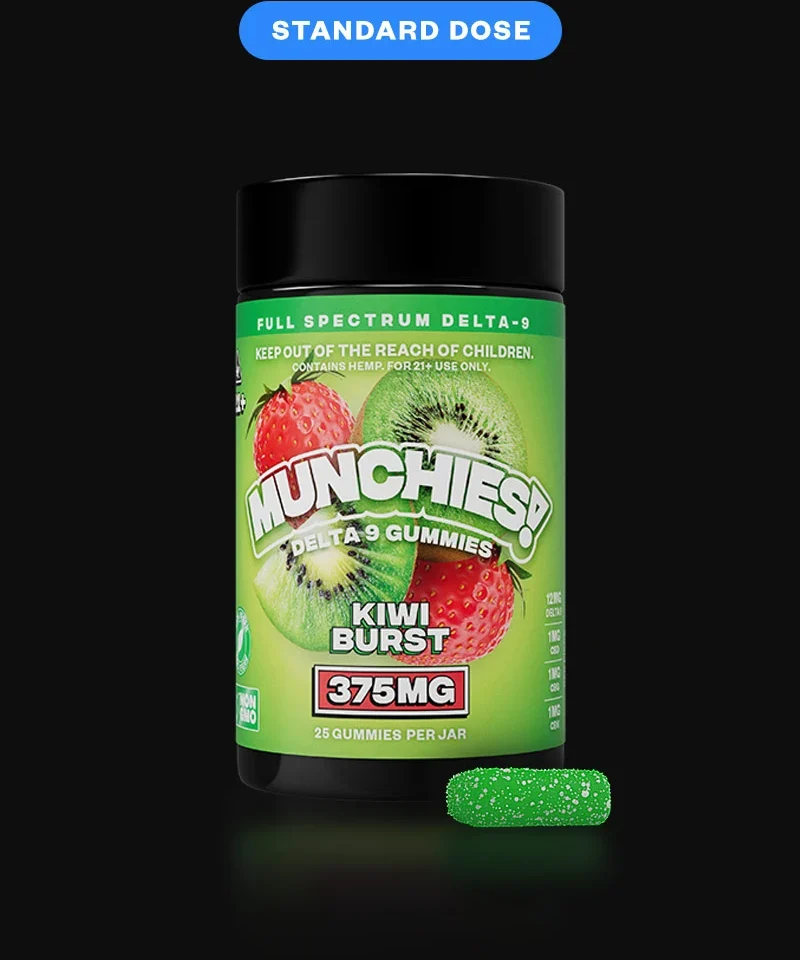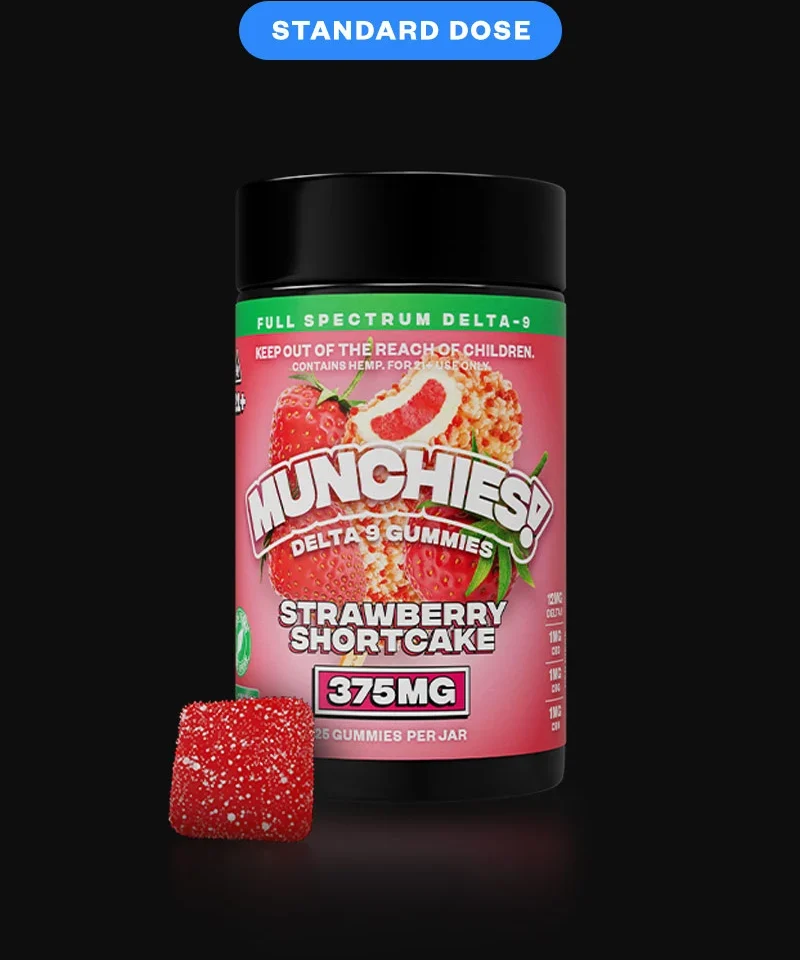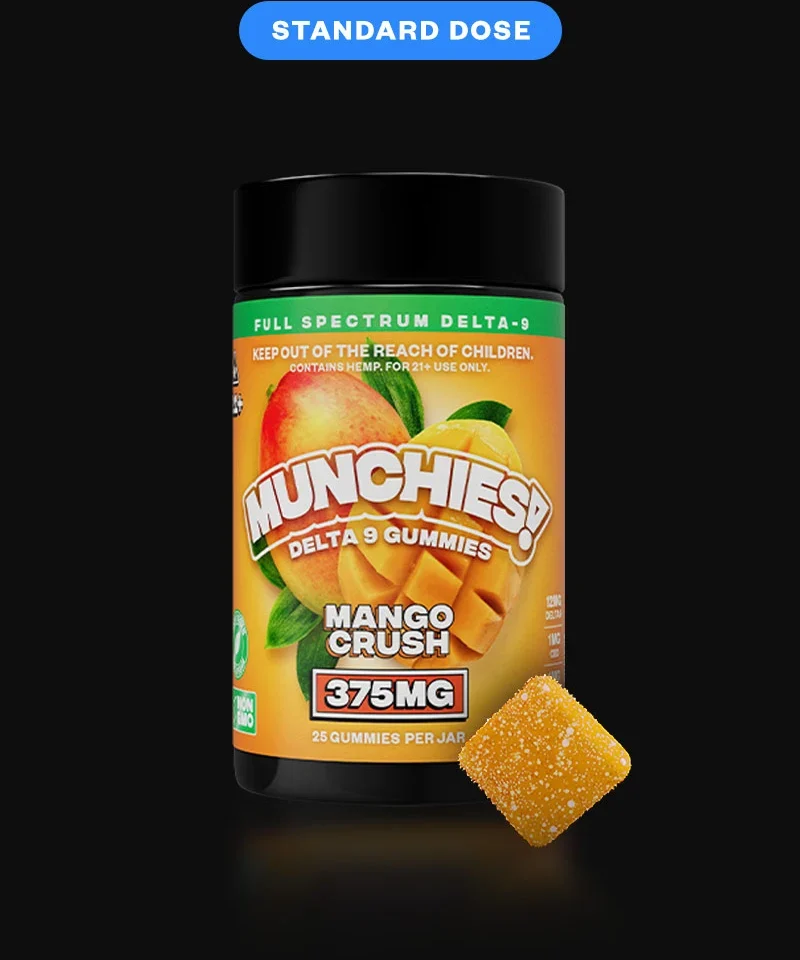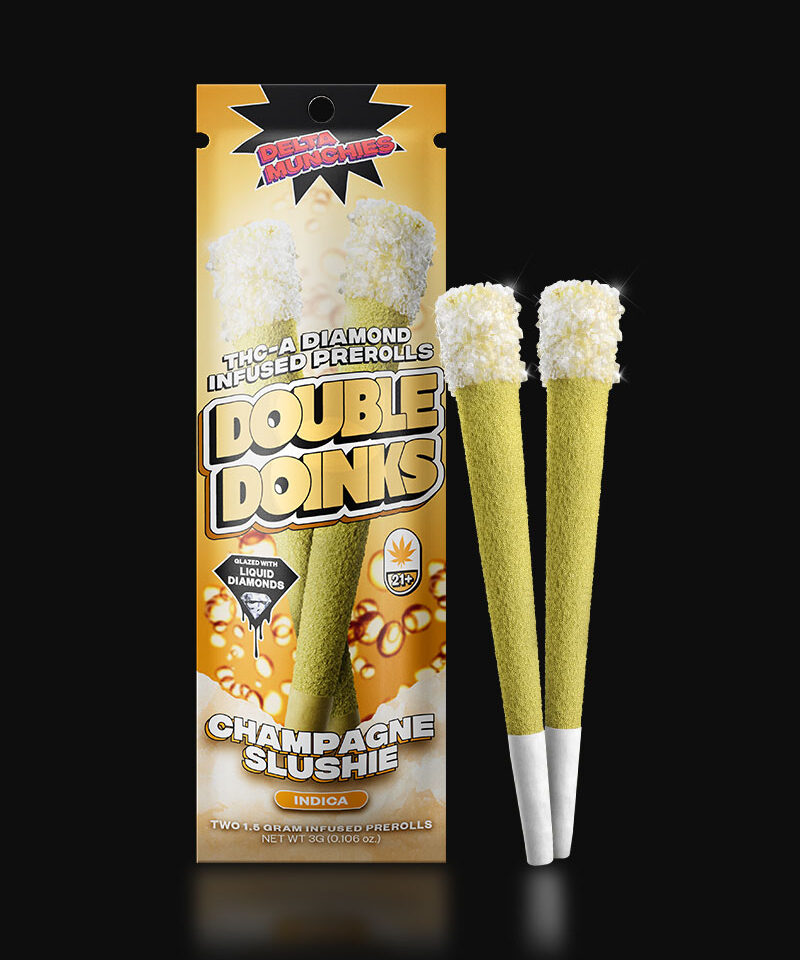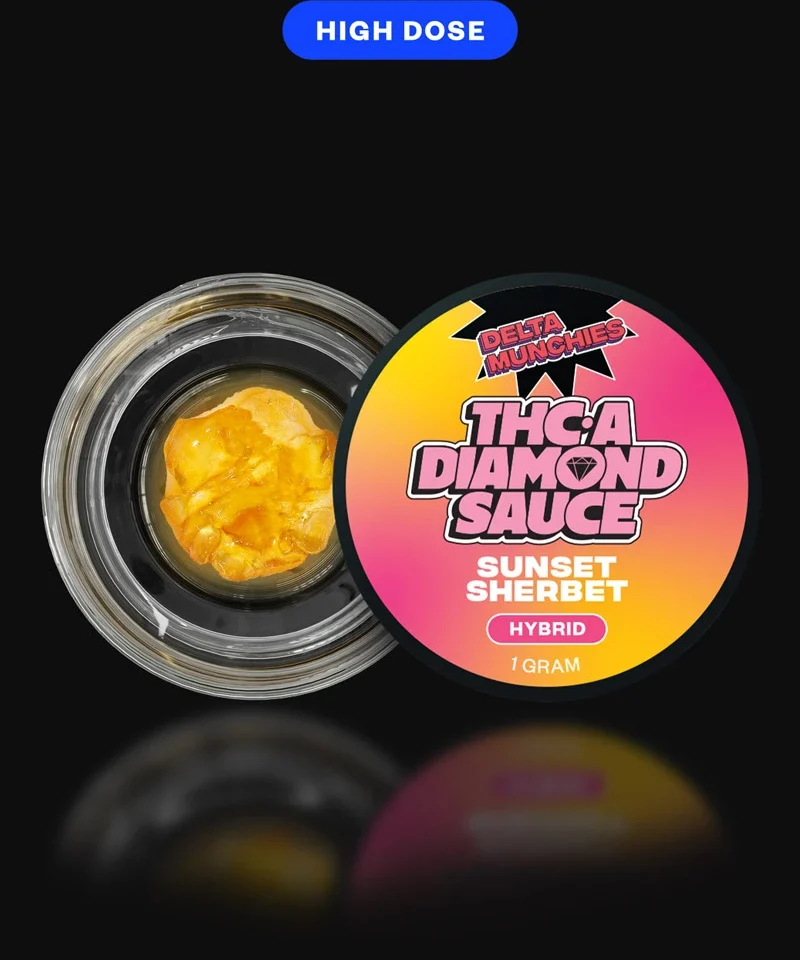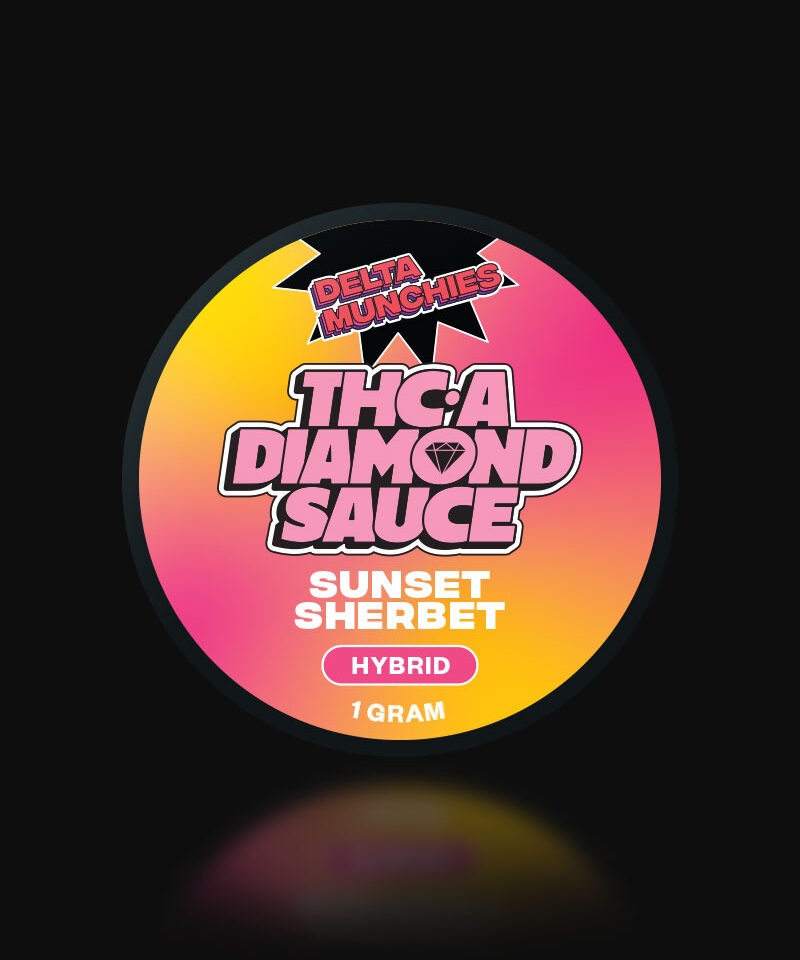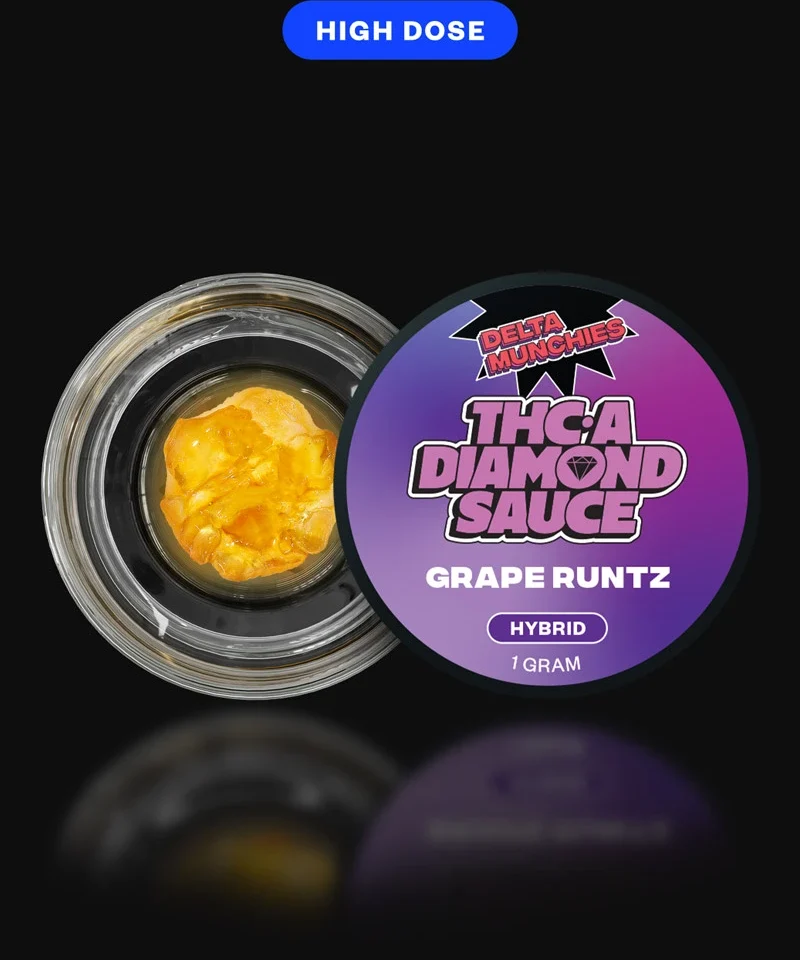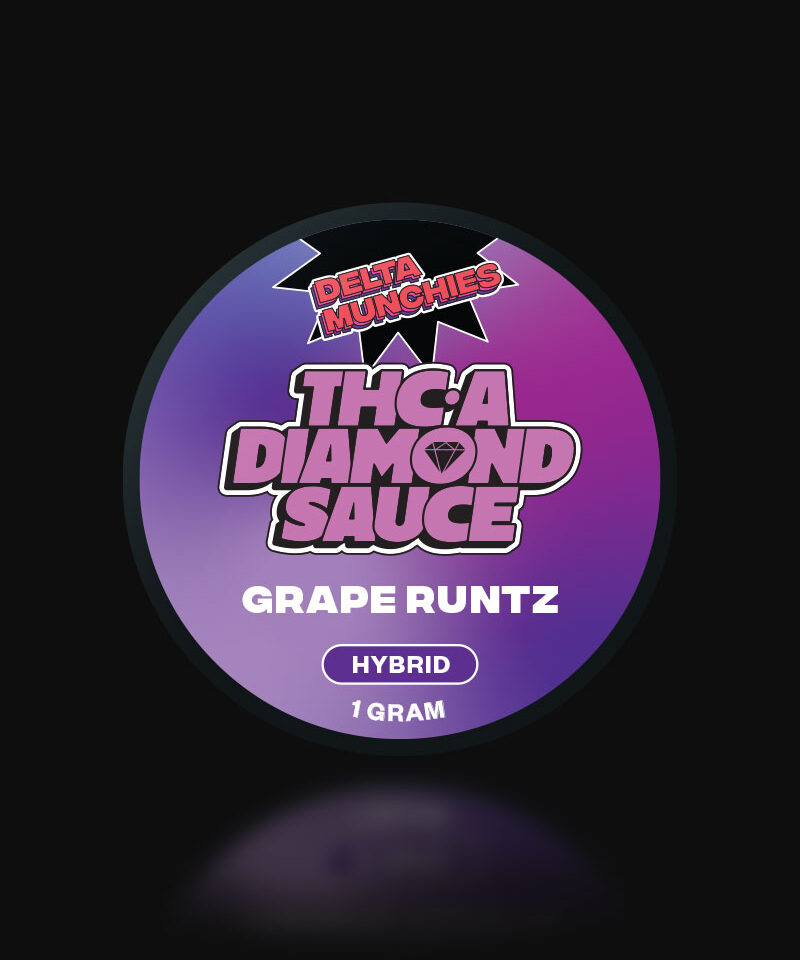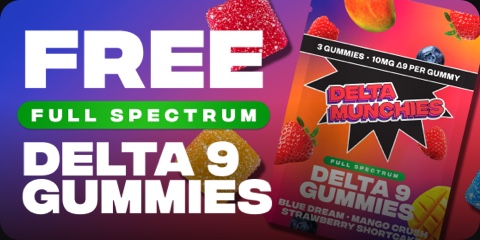Informative
Does THCA Have THC in It?
THCA, or tetrahydrocannabinolic acid, is a new cannabinoid taking the cannabis world by storm. If its popularity trend continues, it could soon join the elite club of CBD and THC and herald the emergence of a cannabinoid triad.
Given the fact that THCA is the precursor to THC, many people wonder if THCA has THC in it. Keep reading to find the answer to that question and explore more differences between THC and THCA.
Looking to buy THC and THCA? Check out what we’ve got!
Live Resin THC-A Dabs
Delta 9 THC
Delta 8 THC
Contents
Key Takeaways
- THCA is a nonpsychoactive cannabinoid in live cannabis and the precursor to THC.
- Despite the close link between THCA and THC, they are completely different compounds.
- THCA changes into THC when heated (decarboxylation).
- Studies suggest that the contamination of THCA with THC is almost unavoidable, leading to claims that THCA might contain THC.
What is THCA?
THCA is a nonpsychoactive cannabinoid predominantly found in live cannabis. It is quite similar to delta 9 THC, barring their functional groups.
THCA has a carboxylic (COOH) functional group, while THC has a hydroxyl (OH) functional group. This seemingly minor variation creates a world of differences in how these near-identical compounds affect the human body.
But there is more to these two than most people know. THCA is the precursor to THC. In other words, THC originates from THCA through a process called decarboxylation. We mentioned earlier that THCA’s reactive core is a carboxyl group. Therefore, ‘de-carboxylation,’ as the name suggests, is simply the removal of this group.
When this happens, THCA turns into THC. As such, the THCA content of hemp flower or product typically denotes its potency. In effect, high THCA content translates into high THC levels.
This may seem contradictory because the 2018 Farm Bill limits the concentration of delta 9 THC to 0.3% by dry weight. Well, here is the thing; the federal Farm Bill only talks about delta 9’s concentration, not THCA.
Many argue that this negates the whole intent of the Farm Bill because high-THCA hemp flower may have similar effects as marijuana. This is true if you smoke or vape THCA flower. As such, the legality of many THCs continues to be a legal grey area.
Does THCA Have THC in it?
We have established that THCA and THC are closely related. Subject THCA to heat and air, and it turns into THC.
THCA exists naturally in live cannabis. It is one of three precursors that give rise to the primary cannabinoids, i.e., THC (from THCA), CBD (from CBDA), and CBG (from CBGA). So, one would intuitively expect THCA to contain some THC, right?
Well, science paints a clear picture. Cannabis starts producing THCA right from week one. However, THCA levels increase massively immediately after flowering, i.e., weeks 4 to 7.
Research shows that THCA levels increase exponentially during this period while THC levels remain almost constant.
Although THCA and THC are completely different cannabinoids, they kind of exist in a state of flux. As the plant matures, more THCA becomes THC due to exposure to the elements, i.e., heat, light, and air.
The transformation continues during drying and curing, and more THCA changes into THC. Nonetheless, the concentration of THCA still outdoes that of THC, even when cannabis is dried and cured.
At this point, it is safe to presume that some THC can be found in THCA. Indeed, a 2017 study investigating the binding affinities of THCA and THC at the CB receptors concluded that “contamination of THCA with THC is nearly unavoidable.” Does this mean THCA is psychoactive? Not really.
THCA and THC: What’s the Difference?
Their names may sound similar, but THCA and THC are different compounds with even more contrasting effects.
So, what are the main differences between THCA and THC?
Let’s start with their legality. As you know, THC is regulated under the Controlled Substances Act. It is classified as a Schedule I drug, meaning it has no recognized medical benefits but has high abuse potential.
While its ‘Schedule I’ status was later amended pursuant to the 2018 Farm Bill, delta 9 THC remains regulated at the federal and state levels. Its concentration in hemp and hemp products cannot exceed 0.3%.
On the other hand, THCA is not a scheduled substance. THCA is legal as long as it is derived from federally compliant hemp.
Now to psychoactivity. We mentioned earlier that THCA has no cannabimimetic properties, meaning it has very little affinity for cannabinoid receptors, especially the CB1 receptor.
A study examining their potential to bind to the CB1 and CB2 receptors showed THC binds 62 and 125 times stronger than THCA at the CB1 and CB2 receptors, respectively.
Scientists believe it all comes down to their functional groups, which alter their shapes. Think of the cannabinoids and CB receptors as ‘keys’ and ‘locks.’ Only a correctly-shaped cannabinoid can fit into a particular receptor, triggering wide-ranging physiological and pharmacological effects.
For instance, THC binds to the CB1 receptor, triggering the classic tetrad effects, i.e., hypolocomotion, catalepsy, hypothermia, and antinociception. Since THCA does not interact with the CB1 receptor, it produces no such effects. In other words, you can eat fresh cannabis leaves all you want, but you won’t get high.
Finally, we look at their relative stability. The ready conversion of THCA to THC by applying heat suggests it is unstable. Even exposure to air and light (like during drying and curing) converts some THCA into THC.
THC, on the other hand, is the stable form of THCA. Even though it gradually changes into CBN when exposed to air and light, this is an oxidation process. It is the inevitable gradual decay of THC over time.
How THCA Becomes THC
THCA becomes THC when it is exposed to heat. This is the reason you ‘decarb’ cannabis before making edibles. This helps transform inactive THCA into active THC, which can interact with the receptors.
The temperature at which THCA changes into THC is approximately 230-250°F. THCA transforms into THC within this temperature range, but another important activity also occurs—other beneficial compounds of cannabis, like terpenes, are preserved.
THCA vs. THC: Decarboxylation Process
While we mostly mention heat as a key factor in the decarboxylation process, it is not the only one. To maximize the conversion of THCA into THC, you have to delicately balance three variables: temperature, time, and quantity of cannabis material.
Whereas THCA changes to THC even at lower temperatures, research shows 160ᵒC (320ᵒF) to be the optimal temperature at which maximum conversion occurs. The amount of cannabis material used affects the decarboxylation process. The more the material, the longer it takes to decarb fully.
A study investigating the differential effects of heat on THCA showed that higher temperatures (> 160ᵒC) led to the formation of CBN. This lends credence to the idea of an “ideal temperature range” for decarboxylating THCA.
This is not to say that CBN is a lesser cannabinoid. But if you are after the psychoactive effect of THC, you won’t get that from CBN. So, it is better to avoid very high temperatures.
What about smoking? Smoking converts THCA into THC alright. However, since it typically happens at higher temperatures (>451ᵒF), it damages volatile cannabis compounds like terpenes.
The beauty of vaping is that you can regulate the temperature, keeping it within a range that preserves many of cannabis’ compounds. For instance, alpha-pinene, beta-caryophyllene, and linalool vaporize at 311ᵒF, 320ᵒF, and 388ᵒF, respectively.
Cannabinoids THC, CBD, CBN, and CBC vaporize at 315ᵒF, 356ᵒF, 365ᵒF, and 428ᵒF, respectively. This gives you a clearer picture of the ideal temperature to get the most out of your stash.
Remember that ‘decarbing’ temperature differs from vaping temperature. The latter is slightly higher to enable the cannabinoids and terpenes to vaporize. In this form, they are able to go through the blood-brain barrier and exert their therapeutic and psychoactive effects.
Where to Buy THC and Delta 8 Online
The best way to buy THC is through online cannabis brands like MUNCHIES! We stock high-quality products made under the highest manufacturing standards. All our products have CoAs to tell you more about the product you are buying.
So, if you are thinking of trying out some high-quality delta 8 vapes, head to our online shop and choose from a wide variety of delta 8 vapes designed for various functions.
For example, if you want to relax after a long day’s work, we recommend the LA Confidential Limited Edition Delta 8 vape. It comes in a 2-gram disposable vape pen made with OG Confidential extracts packed with cannabis terpenes for a super calm, mellow, and relaxing experience.
But if you want a more uplifting experience, the Candyland Delta 8 Disposable Vape is your go-to. This sativa-dominant strain is popular for its unique flavor thanks to a sweet but robust cannabis-derived terpene profile. All this is delivered by a 2-gram disposable vape pen that gives an incredibly smooth but powerful cannabis experience.
For sweet tooths, try our excellent Delta 9 gummies. These are available in various flavors and come in two sizes. Each gummy contains 10mg of delta 9 plus 10 additional cannabinoids like CBN, CBD, CBC, THCA, THCA, and delta 8, among others. Moreover, the gummies are perfectly crafted to create a unique, potent, and synergistic cannabis experience.
And if you want to try THCA, we have a line of THCA Diamond Infused Pre Rolls available in six different strain options. We also offer a new line of THCA Dabs. They’re both very potent and highly flavorful products.
Quiz-strong-items
Live Resin THC-A Dabs
Live Resin THC-A Dabs
Frequently Asked Questions
Does THCA Show on a Drug Test?
Standard drug tests do not typically test for THCA. Instead, they test for THC metabolites created when the liver breaks down THC, primarily THC-COOH. However, since THCA can easily change into THC when heated, smoking or vaping THCA products puts you at risk of failing a drug test.
Does THCA Get You High?
No, THCA is nonpsychoactive, effectively meaning it cannot make you high. However, you can get high if you smoke, vape, or consume heated THCA edibles.
Is THCA Legal?
Yes, THCA is legal. This is due to the 2018 Farm Bill, which legalized hemp and, by extension, hemp-derived products. And since THCA occurs naturally in hemp, it is legal.
What is a High THCA Percentage?
A THCA percentage higher than 15% is usually considered high.
Is THCA Psychoactive?
No, THCA is not psychoactive. As such, it does not produce the cannabis tetrad effect associated with THC. It, however, changes to psychoactive THC when exposed to heat.



